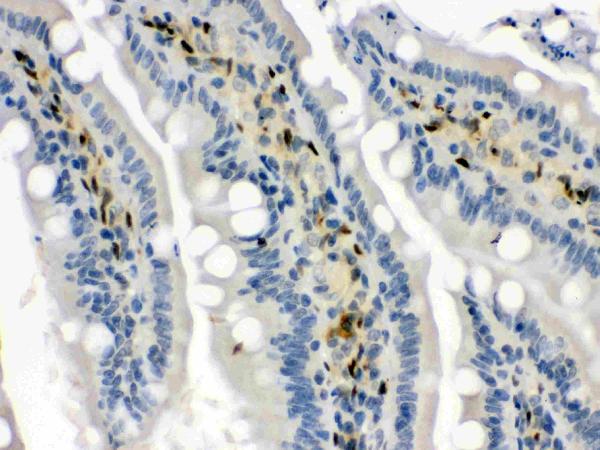What Is MYC Antibody?
The Myc protein, a 62 kDa transcription element, is encoded on human chromosome 8. c-Myc plays an important role during cell proliferation, differentiation, and cell cycle progression. Studies have been done to investigate the phosphorylation c-Myc.
Previous studies suggested a functional association between phosphorylation at Thr58/Ser62 and glycogen synthase kinase 3 and cyclin-dependent kinase 2 and C-Jun N terminal Kinase(JNK) in cell proliferation, cell cycle regulation and cell cycle. Research has shown that Myc antibody is crucial for tumor development and vasculogenesis.

It distributes blood through the cells. The c–myc oncogene, p62 c–myc, is involved in controlling normal cellular proliferation. Deregulated expression of c–Myc can cause apoptosis of different cell types. Antibodies against the c-myc epitopes can recognize proteins with Myc epitope tags fused to either the amino- or carboxytermini of targeted proteins.
Cell proliferation, differentiation, and neoplastic diseases are all affected by c-Myc, N-Myc, and L-Myc encoded proteins. Multiple types of human cancers have shown an increase in the c-Myc gene, including breast, colon, and lung carcinomas. Neuroblastomas have seen the N-Myc gene amplified.
Burkitts lymphoma, as well as other B-cell lymphoproliferative diseases, describes translocation of the cmyc locus on Chromome 8 to the immunoglobulin loi on Chromome 14 (heavy chains), 2 (delta-light chain), or 22 (light chains). A tumor of any origin may have an aberrant expression for the c-myc gene. This includes colorectal, gallbladder and hepatic cancers.
MYC (MYC protooncogene), is a transcriptional protein and oncoprotein. It can be found on chromosome 9q24. c-Myc gene codes for basic helix-loop-helix/leucine zipper (bHLH/LZ) transcription factor.
